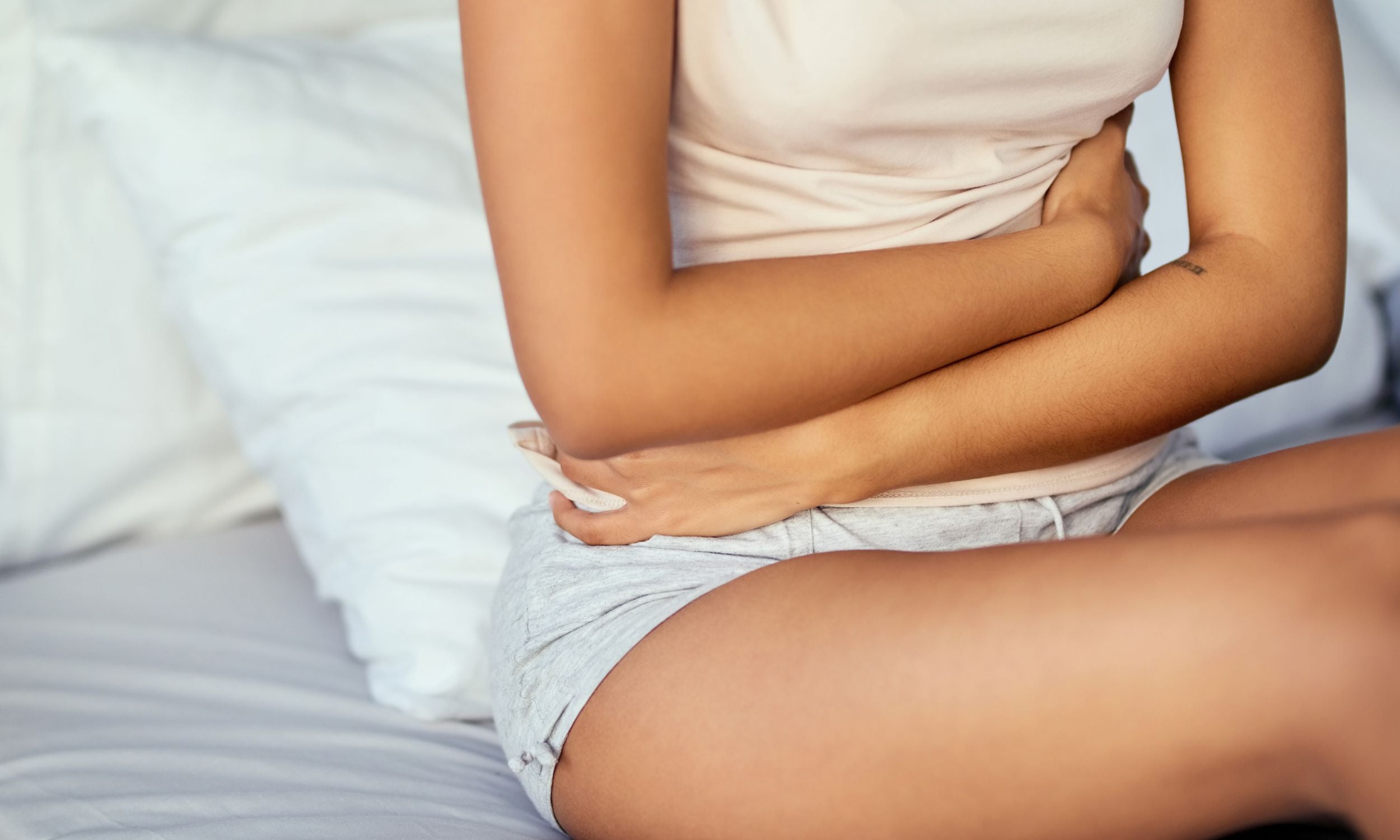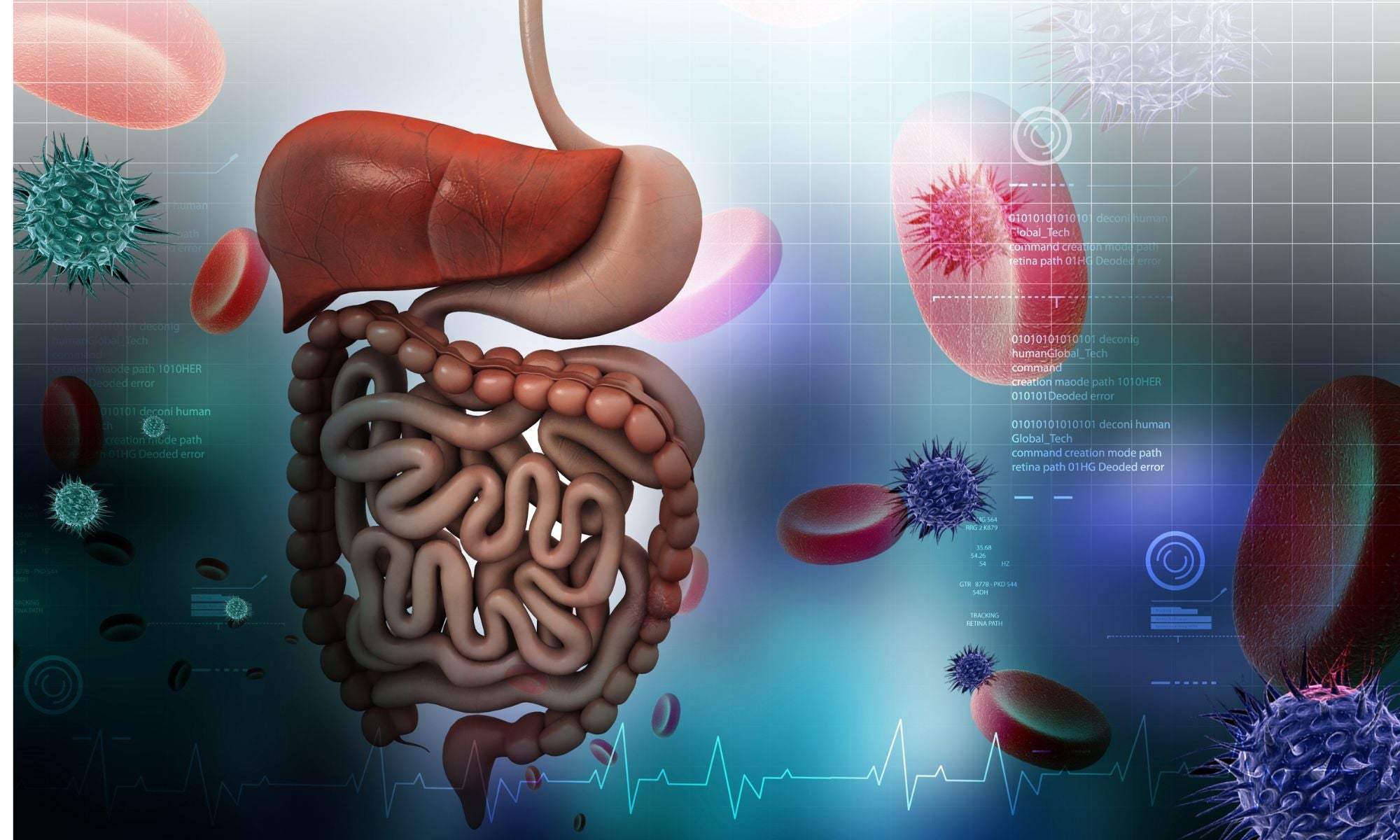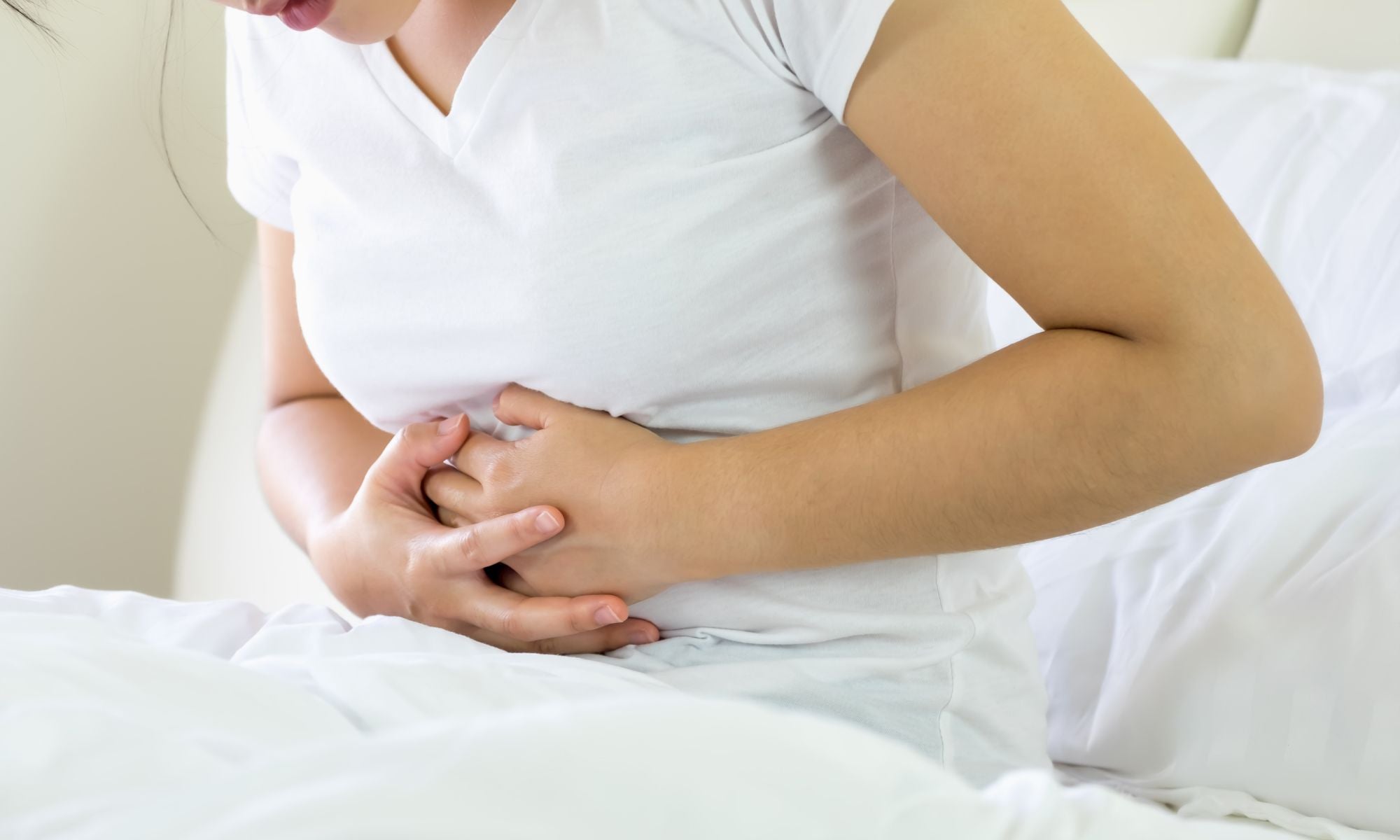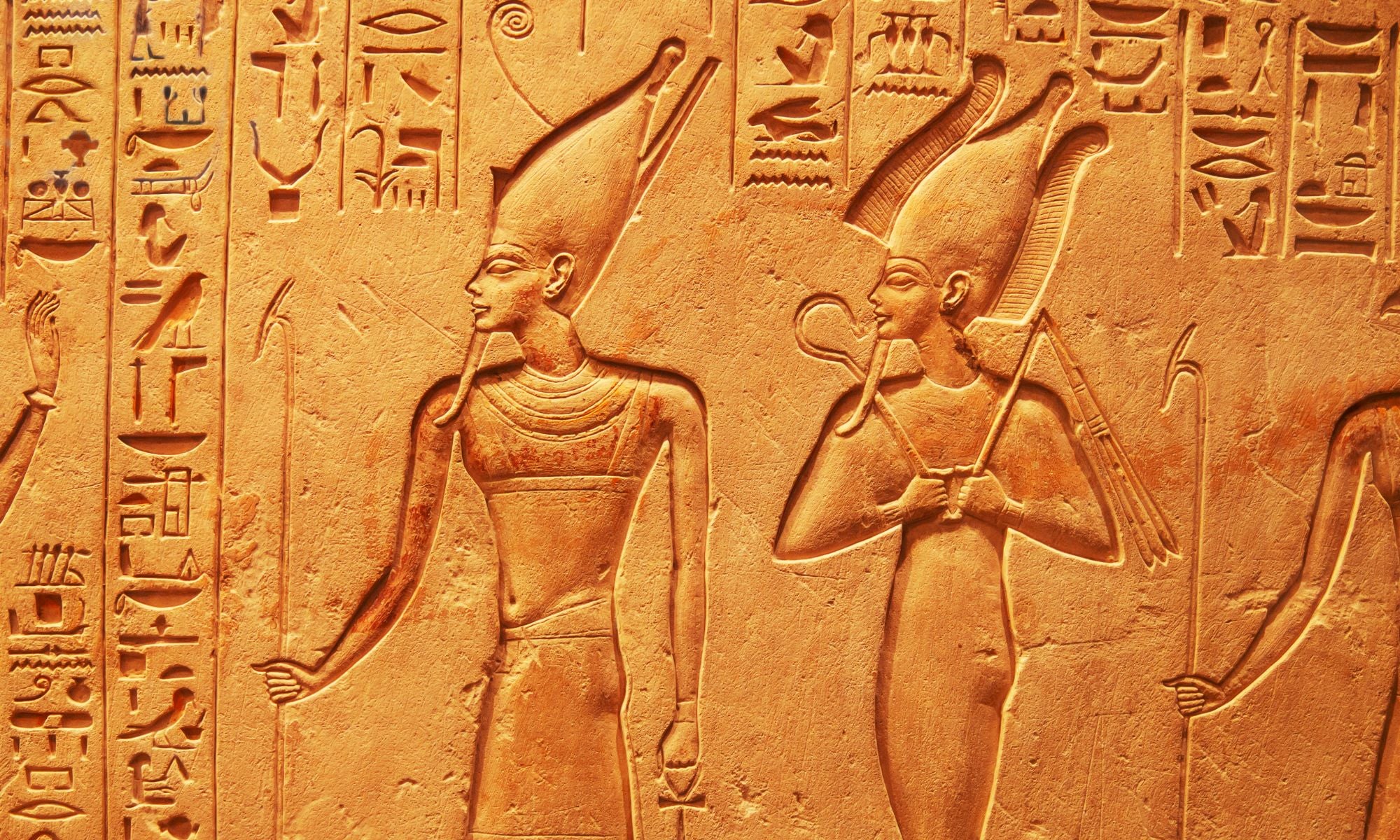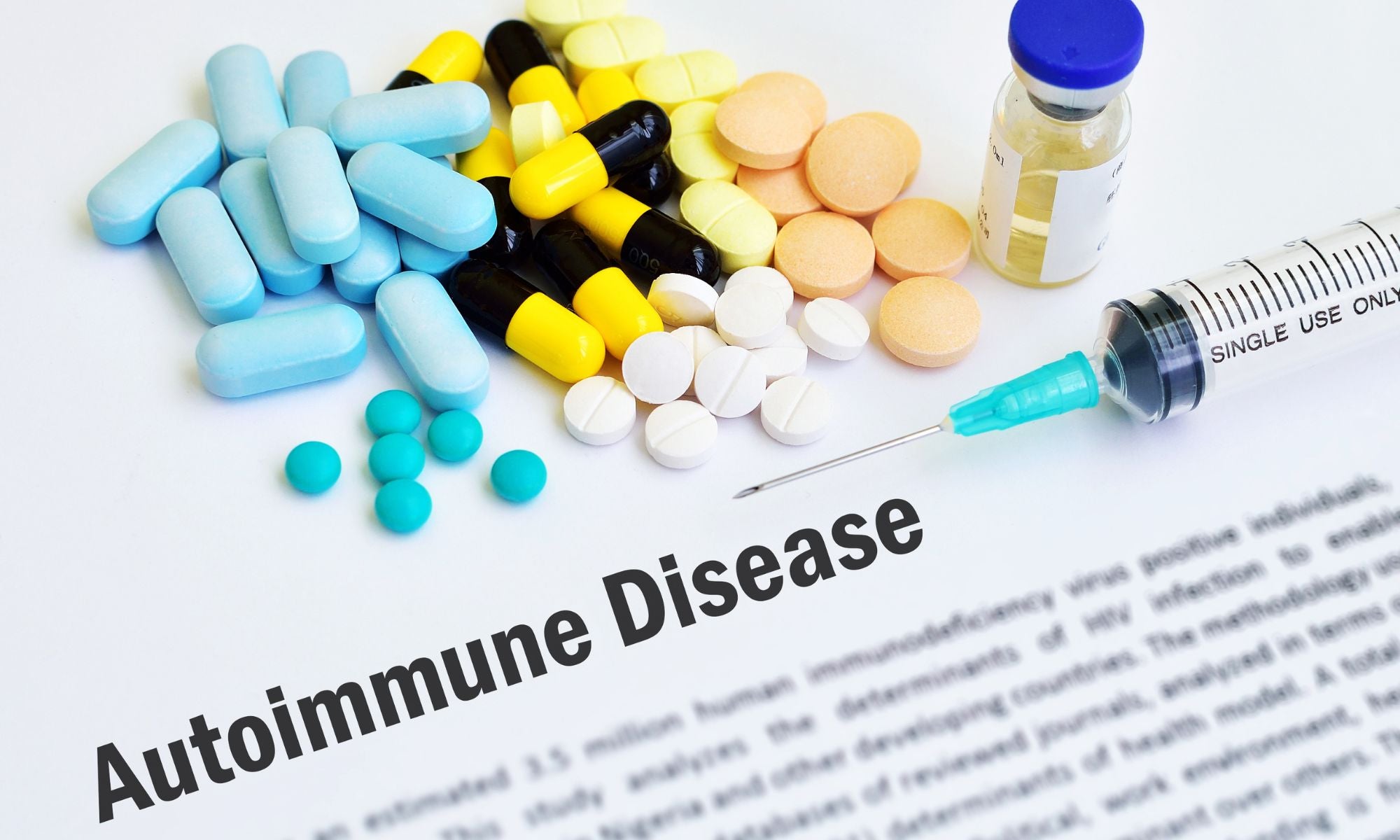
WHAT IS THE IMPACT OF DIET IN CLEANSING THE COLON?
The colon is also known as the large intestine. It is a very important organ that is found in the digestive system.
What exactly is the colon’s role?
All foods we eat are mostly digested in the small intestine, where minerals and vitamins are released. Right after that, the foods enter the large intestine where they are broken down and prepared to leave the body. In other words, the colon functions as the “cleanup” tool of the body.
![]() SUMMARY:
SUMMARY:
The important role of the colon is to break down the foods that we eat and prepare them for elimination.
5 Foods to Eat for a Colon Cleanse
Thankfully, there are ways to give your colon its much-needed cleanse. There are some foods that assist in moving the waste smoothly through your colon as they leave the body. For a quick colon cleanse, these are the type of foods you must add to your daily diet:
1. Dark, Leafy Greens

Consuming dark, leafy greens such as kale, spinach, and chard is one of the easiest and tastiest ways to cleanse the colon. Why not add leafy greens to your lunch? A simple salad makes a great dinner too. Adding chard to your weekend meals sounds a good idea.
2. Broccoli

Broccoli is a superfood rich in health benefits. This cruciferous vegetable is loaded with nutrients and is great for colon cleansing. There are many ways to incorporate it to your daily diet, such as stir-frying it together with other vegetables.
3. Milk

Milk is commonly used in the morning with cereal. But did you know that there are many other fun ways to consume milk? Adding milk to your vegetable soup will help you receive your daily serving of both dairy and veggies. You may even try adding milk to your strawberry drink for a sweet afternoon treat.
4. Raspberries

Raspberries are rich in strong antioxidants. In fact, all berries are excellent sources of fiber which contributes to a healthy digestive system.
Raspberries are known for being a tasty ingredient added to desserts. But have you tried adding them to your favorite salad?
5. Oatmeal

Oatmeal is one of the best foods that help cleanse your colon. Aside from the usual instant oatmeal, you may try tons of creative and tastier oatmeal recipes on the internet. Whether you have a sweet tooth or you prefer the savory side, you will surely find a recipe that will work best for your taste buds.
See to it that you start with the whole-grain type, like steel-cut oats. They might take a longer cooking time, but they give you more fiber.
All of these foods are rich in fiber, vitamin D, and calcium that help in maintaining the proper function of the digestive system.
However, just in case you are not used to adding these fiber-rich foods to your diet, do not consume them all at once. Doing so may result in gastrointestinal issues such as bloating, diarrhea, and constipation.
![]() SUMMARY:
SUMMARY:
Foods that support a healthy colon inclde dark, leafy greens, broccoli, milk, raspberries, and oatmeal. These type of foods are rich in fiber, vitamin D, and calcium, which are all crucial to a healthy digestive system.
What are the benefits of fiber?

Experts advise that we should eat 25 to 35 grams of fiber daily in order to achieve a healthy colon. Unfortunately, most adults only consume around 13 grams daily.
Fiber is something that can’t be broken down by enzymes during digestion. It is very helpful in cleansing the colon due to its ability to encourage regular bowel movements and assist the smooth flow of food through the digestive tract. In fact, it is recommended by experts that we consume fiber-rich foods during every meal. Doing so guarantees that we receive our daily fiber needs.
![]() SUMMARY:
SUMMARY:
Fiber is essential to our health. It helps cleanse the colon and encourage regular bowel movement.
Two Types of fiber
 The two different types of fiber are water-soluble and water-insoluble.
The two different types of fiber are water-soluble and water-insoluble.
Water-soluble fiber absorbs water during digestion, increasing stool size. Foods rich in water-soluble fiber are also known as “roughage.”
Here are some foods rich in soluble fiber:
- High-fiber fruits, like avocados, pears, and blackberries
- Vegetables
- Barley
- Legumes
- Oats

Water insoluble fiber, on the other hand, doesn’t dissolve in water. It helps move food smoothly through the intestines and remains unchanged during digestion. Since it’s not digested, it’s not a source of calories.
Here are some foods rich in insoluble fiber:
- Fruits (those with edible seeds and skin)
- Vegetables, such as cauliflower
- Whole-grain breads and pastas
- Cereals
- Stone ground corn meal
- Bran
- Buckwheat
- Rolled oats
- Brown rice
Studies suggest that both calcium and vitamin D3 assist in the prevention of colon cancer. They also help in lowering colon inflammation and limiting the activity of various chemicals that may trigger the development of cancer cells.
Vitamin D and Calcium are found in most dark, leafy vegetables and some dairy products.
![]() SUMMARY:
SUMMARY:
The two types of fiber are water-soluble fiber and water-insoluble fiber. Water-soluble fiber absorbs water during digestion, increasing stool size. Water-insoluble fiber helps move food smoothly through the intestines and remains unchanged during digestion.
How Can I Achieve a Healthy Colon?

Here are some quick tips for a healthy colon:
- Make it a habit to eat a high-fiber diet, consisting of vegetables
- Keep yourself hydrated by drink plenty of water
- Avoid processed meats
- Consume probiotic-rich foods and supplements daily to promote diversity in your gut microbiome
- Incorporate a variety of healthy foods in your diet
If you fuel your body with a variety of foods that are filled with fiber, vitamin D, and calcium, they will help you achieve and maintain a healthy colon.


